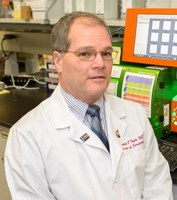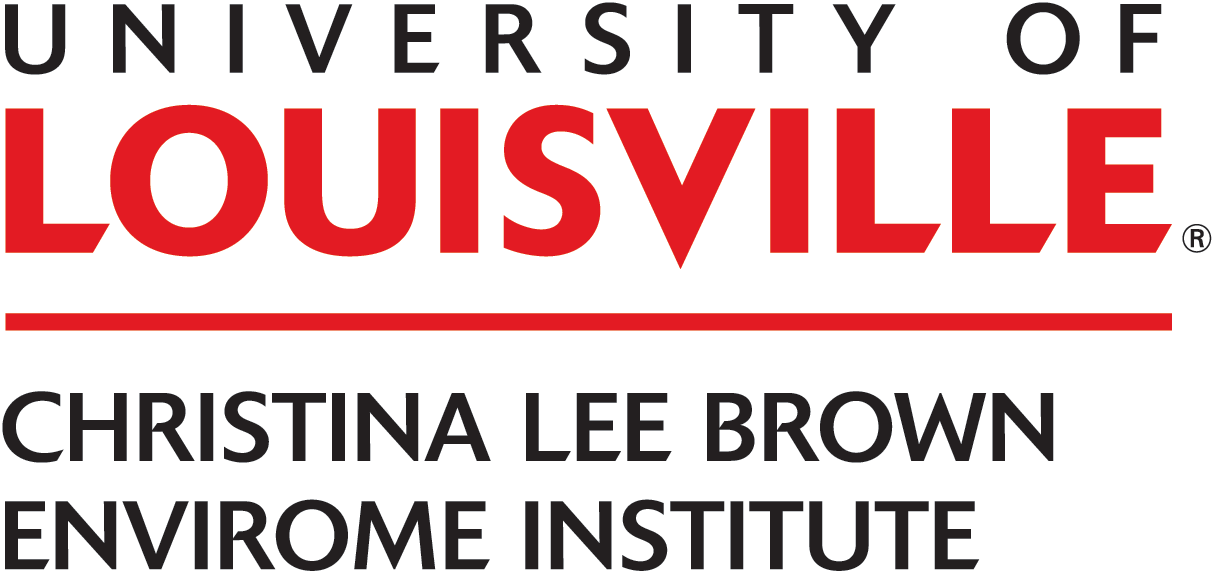NEAT
The NEAT Trial is now recruiting participants
If you are interested in participating, check out this pre-screener to see if you are eligible.
Study Investigators
Tim O'Toole
Timothy O’Toole, Ph.D., received his doctorate from the University of Michigan in Biological Chemistry where he studied genetic defects in purine metabolism. He has had a long-term interest in vascular biology and his current research focuses on the biological mechanisms of pollution-induced cardiovascular pathology. Dr. O’Toole is well published in these areas, serves on the editorial boards of Circulation Research and Toxicology and Applied Pharmacology and is an active peer reviewer of grants and manuscripts for multiple journals.
Office Phone: 502-852-5886, Email: tim.otoole@louisville.edu
Alok Amraotkar
Alok R. Amraotkar, M.D., M.P.H., is an alumnus of the Tver State Medical University of the Russian Federation where he graduated with a Doctor of Medicine (M.D.). His work focuses on the impact of various environmental factors on the development and progression of atherosclerosis and other vascular diseases. In addition to serving as a scientific reviewer for peer-reviewed journals, Dr. Amraotkar also serves on the American Heart Association ATVB Membership Committee and the ATVB Diversity Subcommittee.
Office Phone: 502-852-7559, Email: alok.amraotkar@louisville.edu
About the NEAT Study
The Nucleophilic Defense against PM Toxicity (NEAT) Trial is an innovative study to see whether taking a dietary supplement of Carnosine can help protect against particulate matter air pollution, which is very high in Louisville and surrounding areas.
ClinicalTrials.gov Identifier NCT03314987
Aims and Goals
NEAT is a phase II placebo controlled, randomized, double-blind, interventional trial investigating the efficacy of carnosine in reducing the effects of particulate matter air pollution (PM2.5). A total of 240 participants from the Louisville metropolitan and neighboring areas will be randomized into two dietary supplement study groups - carnosine (n=120) versus placebo (n=120). Intervention of study dietary supplements will occur from May through September, when the levels of PM2.5. are highest in the Louisville, KY area. Study participants will be given a daily oral dose of total of 2 grams of carnosine (or placebo) for a total of 12 consecutive weeks (during May through September).
Background
Carnosine is a naturally occurring peptide found in high levels in skeletal muscle and the brain and is also available commercially as a dietary supplement. Since carnosine has anti-oxidant properties and air pollution exposure induces a state of oxidative stress, the purpose of this study is to see if those taking carnosine as a dietary supplement are protected from air pollution-induced oxidative stress and adverse cardiovascular outcomes.
Funding Source
National Institute of Environmental Health Sciences (NIEHS) 5R01ES019217-08
Enroll and Participate
Study enrollment is now closed, please contact our study coordinator for more information or to inquire about future studies.
